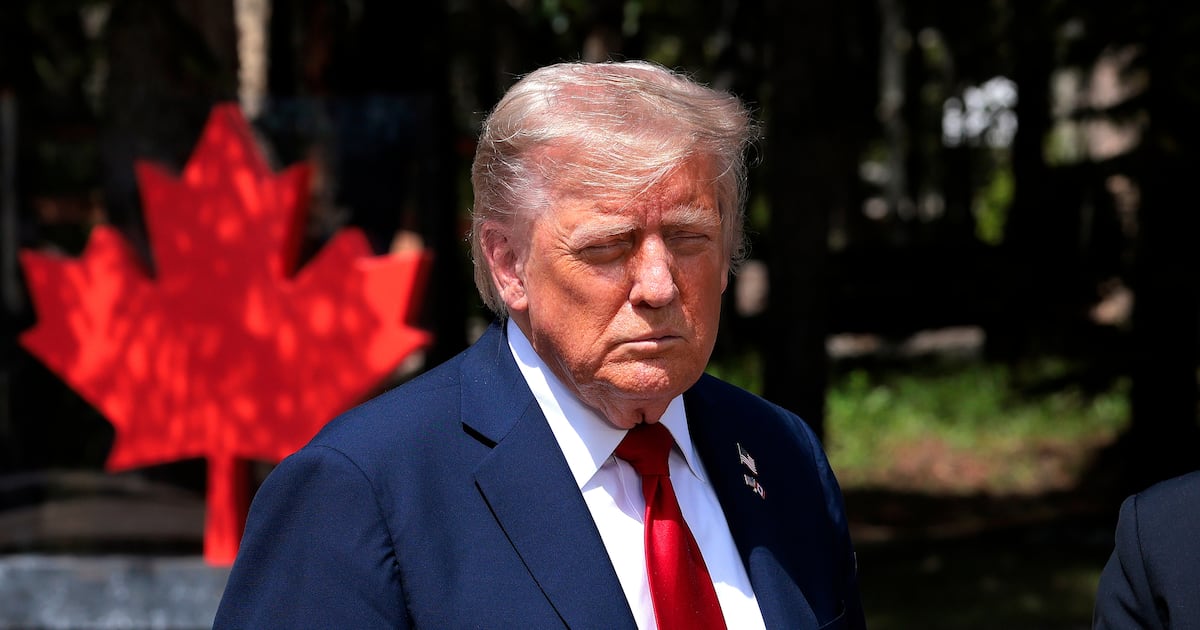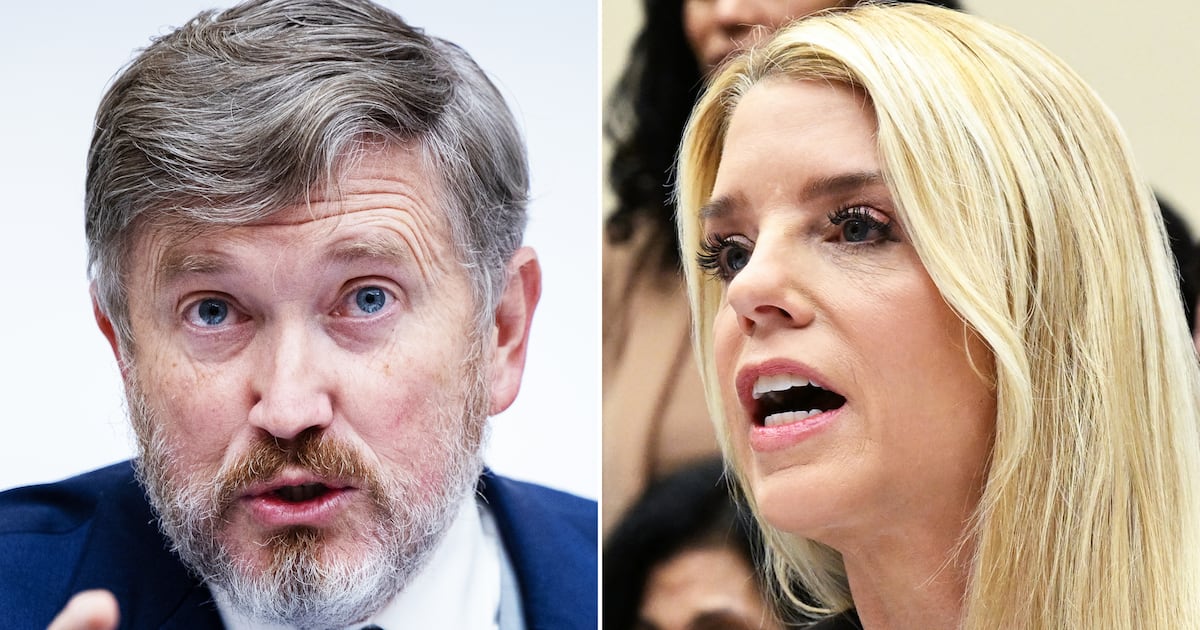Yesterday’s dramatic attack on the U.S. Consulate in Libya that left four American diplomats dead was a big surprise to many, but not to me. Coming on the heels of the anniversary of 9/11 and continued public outcries in Egypt and Libya over an “insulting” U.S.-produced movie about the Prophet Muhammad led many in the Arab world to brace themselves for escalating violence as well as the inevitable rehashing of the “Why do they hate us?” debate.
I am also sure that almost no one will focus on why the masses in Egypt and Libya, two countries of the Arab Spring that have recently gained greater freedoms, continue to have negative views toward America. The question then is, why do these societies continue to hate the U.S., even when so many on the streets share our values and are becoming freer and more empowered as a result? I am afraid the answer is still the same.
We only value freedom within our borders. We have shown them no reason to think otherwise, even when we had the chance to do so with the openings in the Arab Spring. When George Bush adopted the freedom agenda right after 9/11, he managed to get through to many Arab constituencies who saw for the first time a break from the selfish U.S. foreign policy that for decades focused solely on direct U.S. security in the region, Israel security, and oil flow. But soon enough, the brief years of what then was called the Arab Spring were taken back.
In 2006 the U.S. decided to push its democracy-promotion policy aside once Israel was threatened by Hamas’s arrival to power in Gaza and when the Muslim Brotherhood won more seats in Egypt’s 2005 parliamentary election. More U.S. security interests in the past decade got in the way, namely, antiterrorism and nuclear nonproliferation.
Since the start of the Arab Spring, I’ve been sounding the alarm about America’s weak-willed approach to Arab Spring countries. America’s passive policy toward the Arab Spring as a whole has missed the entire point of the Arab Spring. By lacking guts, vision, and real action to change Arab people’s perspectives toward America and toward freedom generally, we focused only on direct security interests, making America even more threatened and hated in the region than before.

I was in Libya in March, had many meetings with leaders of civil society, and could see that the U.S. had the best outlook there I have seen in any Muslim country in ages, because of the U.S. and NATO’s help in bringing down Muammar Gaddafi. American flags were being sold in the streets, and Americans were welcomed everywhere by ordinary citizens. It was one of those rare occasions when Americans would actually be proud to say that they came from the U.S. and not claim to be Canadians or Australians to escape bad looks.
I was very excited to see potential in this golden opportunity to strengthen and export this experience to neighboring countries. I could sense why we would fail in Libya when I met with the deputy U.S. ambassador in Tripoli. I warned her about having too much weapons and testosterone around and how that could inflate the situation in very unpredictable ways, but she dismissed my concerns.
Instead she went straight to saying that the U.S. approach in Libyan transition is to be standoffish and that U.S. concerns in Libya right now are very focused on security at the borders and oil production, etc. I could see over the past months that the immense positive views of the U.S. were eroding with the nation’s continuous disinterest in Libyan people’s struggle for equality and peace within their own border.
In February last year, soon after Hosni Mubarak stepped down, I told Secretary of State Hillary Clinton, when she launched the Strategic Dialogue With Civil Society, that U.S. foreign policy should learn from its mistake in having a biased, one-sided 30-year relationship with Mubarak and expand its engagement with civil society and the Egyptian people away from government control. I was happy to see her do exactly that the following day, when she reprogrammed money out of the aid package to go directly for NGOs in Egypt—one of the few good foreign-policy decisions the U.S. has made in the region for decades. But what happened next brought the policy back to where it always was.
Under pressure from the military-led government, legal pursuit of U.S. NGOs, and threats to reconsider the Camp David accords with Israel, the U.S. agreed to give aid to the military government without conditions, using a “national security” waiver, thus failing to stand up for Egyptian civil society during the transition. Since then I have decided to return to Egypt as an Egyptian national and challenge those charges against U.S. government advice. It is much better for me to fight and change the system as an Egyptian human-rights activist, taking the risks that come with it (including inability to travel abroad, in spite of a legal verdict allowing me to do so) rather than be affiliated with the current failed and passive U.S. government approach in the region.
The unfortunate reality is that 11 years after 9/11 and two years since the start of the Arab Spring, the U.S. has not learned its lesson in the Middle East because it continues to pursue its presumed security interests over broader engagement with the people of the region.






